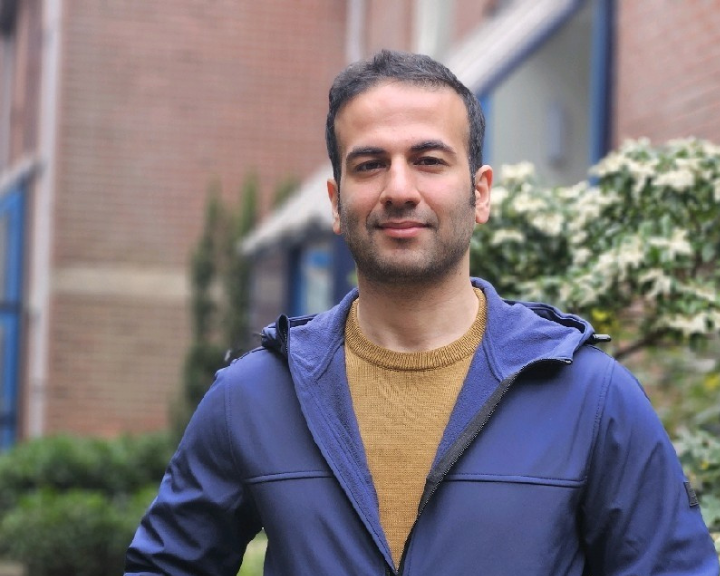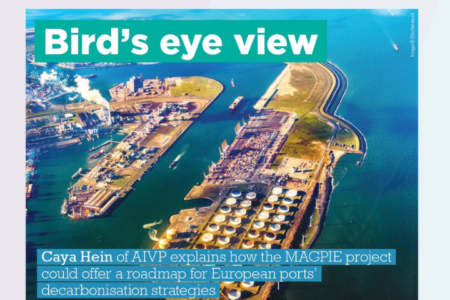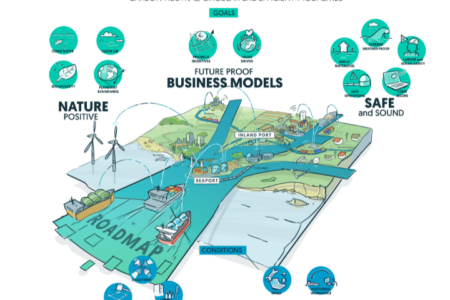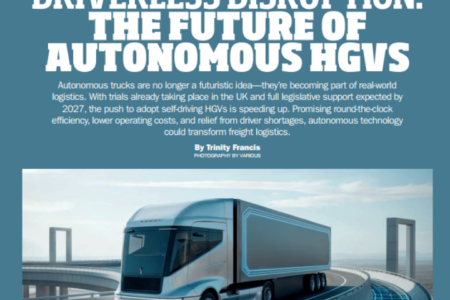International shipping accounts for around 2% of global CO2 emissions. The International Maritime Organization (IMO) has set strategies to reduce CO2 intensity by 40% in 2030 and cut total GHG emissions by at least 50% by 2050, with 2008 as a baseline. However, this will only be possible with an understanding of the relationship between shipping demand, supply, and emissions, and also the interconnection of the shipping sector with other sectors of the global economy.
This paper evaluates current studies and methodologies on the future of international maritime shipping, focusing on demand, supply, and emissions predictions. The studies predict that seaborne trade demand will increase significantly by 2035 and 2050, ranging from 22% to 106% and 40% to 230%, respectively, relative to 2020. Different fuels, such as biofuels, hydrogen, and ammonia, are predicted to have varying adoption rates. CO2 emissions are estimated to range from 0.8 to 2.6 GtCO2/year by 2050, with the most optimistic projection estimating zero, indicating net-zero emissions are possible.
However, most projections show emissions higher than the IMO’s target, which means the sector needs to make more efforts to meet climate targets. Integrated assessment models (IAMs) are the most suitable for evaluating the sector’s future, given their possibility to capture complex cross-sectoral interactions. However, they have limitations, such as a lack of detail in some areas (e.g. low level of shipping representation). Future research should focus on developing and refining techno-economic assessments that take into account the latest developments in shipping technology, fuel, and policy, and incorporate different vessel types, fuels, and production infrastructure. The ultimate goal is to understand how to reduce the sector’s emissions and achieve more environmentally friendly international maritime shipping effectively.
Hesam’s article has been presented at the World Conference on Transport Research Society (WCTRS) in 2023 and will be officially released in the following months. Stay tuned to be able to read it in full length.



